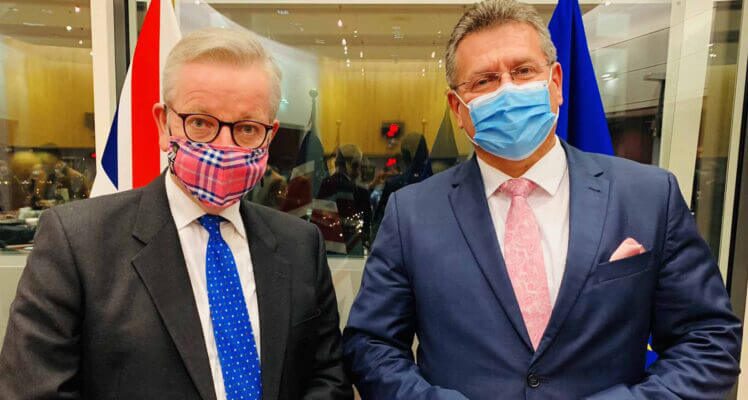Ibis Rice Conservation Co Ltd (IBIS Rice) has signed a financing agreement with South Korean-owned Phnom Penh Commercial Bank Plc (PPCBank) to support 1,500 smallholder farmers to grow organic wildlife-friendly jasmine rice, which will help protect endangered species while also earning a premium price for the farmers.
IBIS Rice CEO Nick Spencer said on December 16 that his firm currently works with the 1,500 farmers and pays them a premium of 50 per cent above market price for organic jasmine rice to encourage their use of wildlife-friendly practices. He did not specify how much of that money would go to support the 1,500 smallholder famers living in seven wildlife conservation areas of Stung Treng and Mondulkiri provinces.
In order to participate in the project, farmers have to commit to not allowing any logging or hunting on their land and to prohibit the use of chemicals, thereby protecting the environment and wildlife.
IBIS Rice was founded by the US-based Wildlife Conservation Society (WCS) and is named after the Giant Ibis, Cambodia’s national bird.
“We have recruited and trained more farmers, so we need additional capital financing to buy more rice from those farmers. We make very strong commitments to our farmers by buying all of the [rice] they can produce that meets our compliance standards,” Spencer said.
According to Spencer, the rice is certified wildlife-friendly and organic, meeting the standards set by the EU and US Department of Agriculture (USDA). This allows it to be sold globally in high-end markets, including Europe and Canada. The project has significantly improved the farmer’s livelihoods while reducing deforestation by 75 per cent in the areas where these farmers live and cultivate rice.
In a joint press release on December 16, PPCBank senior vice-president Nhak Kimsroy said the bank appreciated the benefits that the IBIS Rice project provided to both smallholder farmers and wildlife conservation efforts in Cambodia in addition to it being worthy of financing as a sound business opportunity.
“We could see from the certifications that IBIS Rice holds, and the strong commitments its international buyers make, that this was a strong proposal. This agreement marks the beginning of long partnership, and we look forward to the company’s growth,” he said.
Robb Menzi, chief operating officer of WCS Cambodia and chairman of IBIS Rice, said in the joint press release that WCS Cambodia originally developed the IBIS Rice project as a conservation tool with the support of Cambodian government in 2009.
The objective was to incentivise local communities to engage in conservation through the purchase of organic jasmine rice at a premium from farmers who commit to protect the forest and stop hunting.
The project has improved local livelihoods while addressing the threat to some of Cambodia’s critically endangered species, including Giant Ibis.
“WCS has supported IBIS Rice through its development and start-up phase – it is a shining example of how an enterprise model can create great products for consumers and deliver real conservation and human wellbeing outcomes,” he said.
In a press release, Christy Owen, head of the US Agency for International Development (USAID) Green Invest Asia, said the IBIS Rice partnership with PPCBank was a great example of the work that USAID Green Invest Asia accomplished, linking up commercial financing with projects that produce proven carbon savings and positive social impact.
“We congratulate the two sides for this meaningful partnership that will benefit an entire supply chain while helping to preserve the habitat of some of the rarest species in Cambodia,” she said.











